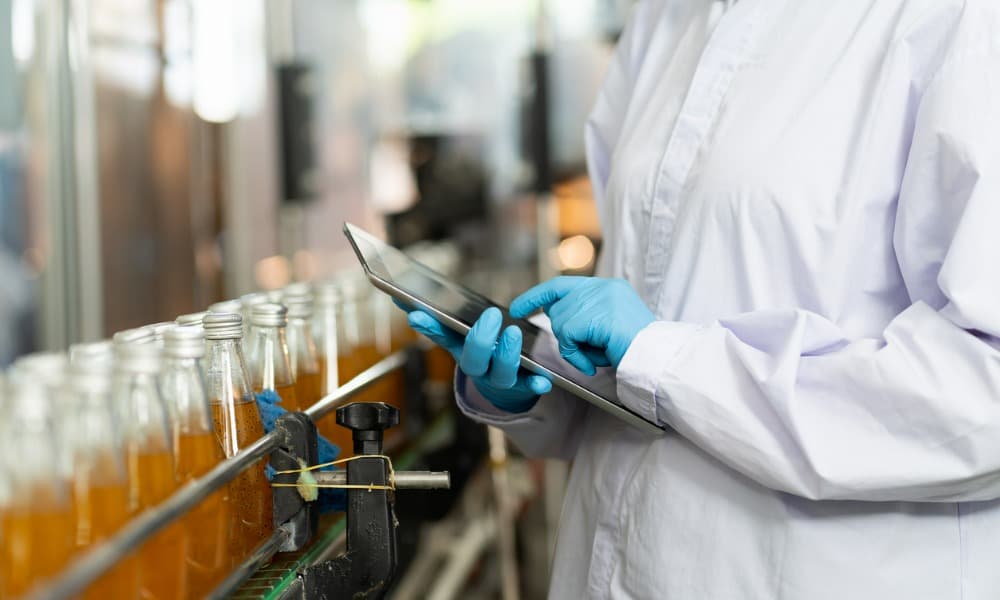Some years ago, sustainability was not a thing in the beverage industry or concern among consumers. However, things have changed. Today, sustainability in production has become a major element as industries adopt ways to save the environment. Consumers are buying sustainable products and relating better with businesses that use sustainable approaches. If in the beverage industry, embracing sustainable practices will help minimize environmental footprint and work towards a better planet. The following are effective ways you can adopt sustainable practices in the beverage company.
- Eco-Friendly Packaging
Packaging is vital factor in beverage industry. How you package your products has a huge impact on consumption and cost of production. Similarly, packaging also plays a role in sustainability. It is vital to develop ecofriendly packaging practices to reduce waste and not harm environment. One approach is using lightweight materials that need fewer resources during production and transportation. One perfect material is low carbon aluminium. Using aluminium for your beverage cans helps reduce your carbon footprint.
Furthermore redesigning your packaging design can help optimize space during transportation. Invest in recyclable and reusable materials to reduce the need for sourcing raw materials and more production of packaging.
- Sourcing Ingredients Sustainably
Another fundamental approach toward achieving sustainability in beverage company is sourcing ingredients sustainably. Prioritize partnering with suppliers who comply with eco-friendly practices. That includes sourcing locally-produced ingredients and supporting initiatives meant to support local farmers in adopting sustainable farming approaches.
- Water Management
Water is one of the most misused natural products, probably because it is in plenty. However, it is a crucial ingredient in the beverage company. It is crucial to come up with a water management strategy in your business to minimize water wastage and optimize its efficiency. Innovations like water reusing and recycling will help minimize water consumption and waste. Moreover, water conservation practices and engaging in community initiatives to replenish the source of water are a great move towards sustainability.
- Improving Energy-Efficiency
In addition to water management, you adopt energy conservation strategies to reduce consumption. Think about transitioning to renewable energy sources in your production. Additionally, improve energy efficiency by buying advanced equipment with energy-saving features. Automation and optimization of production line layouts will also help in saving energy.
Using renewable energy sources like wind, solar, and hydropower to power operations will also reduce environmental harm. By generating clean energy, you reduce dependency on fossil fuels and carbon footprint.
- Efficient Logistics and Distribution
Sustainability goes beyond production and packaging. Adopting efficient logistics and distribution also helps reduce environmental impact in your supply chain. Sustainable methods like route optimization, investing in hybrid fleets, and using alternative fuel solutions like EV or biodiesel will help reduce environmental impact. Additionally, consider exploring advanced distribution methods like shared transportation networks and centralized distribution centers. That way, you reduce the vehicles you send on the road, reducing emissions.
A Take Home Message
Sustainability has become core element in the beverage industry as businesses adopt sustainable practices to reduce environmental impact. By implementing the above approaches across various stages of your products, you play a vital role in reducing your environmental footprint and unlocking growth opportunities.




